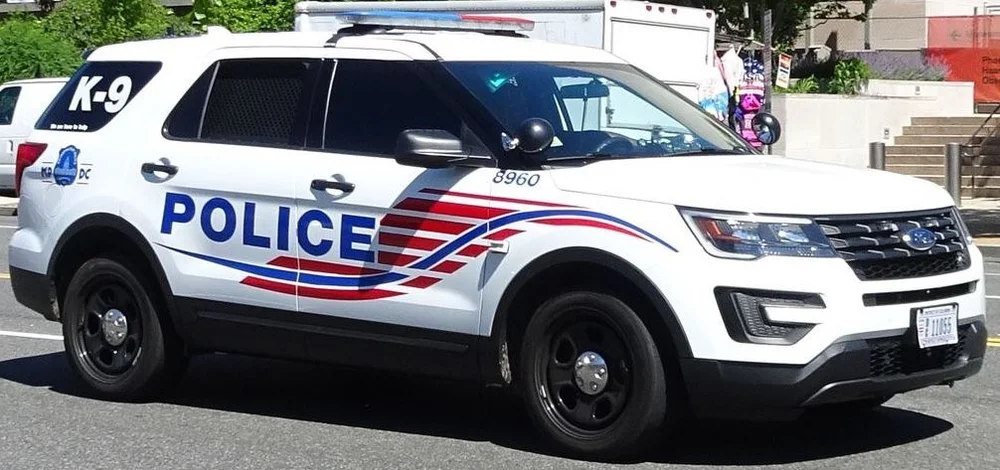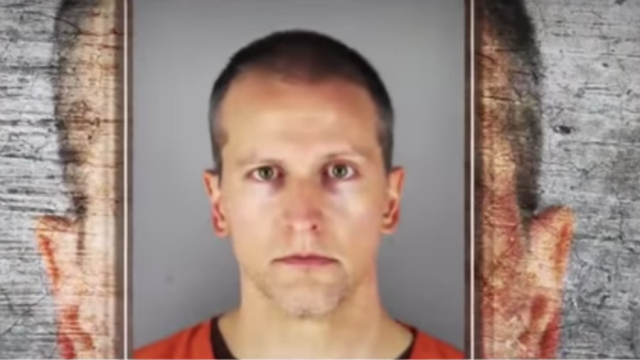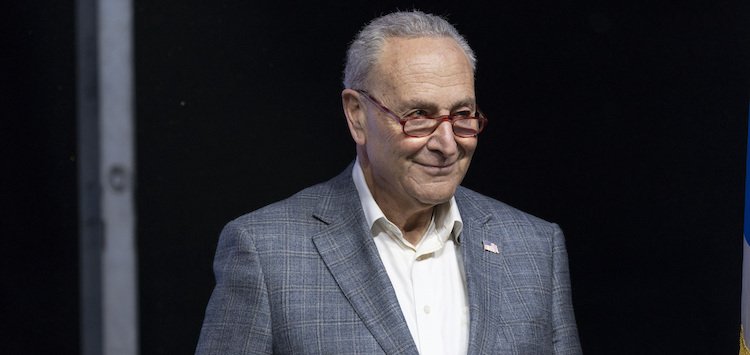By Staff Writer, John Kling
August 11, 2025
M.A.G.A. Daily News
FEDERAL LAW ENFORCEMENT SURGE IN D.C. SET TO TACKLE RISING CRIME CONCERNS
President Trump takes over D.C. Police. The Trump administration has officially initiated a federal law enforcement surge in D.C. A decisive move aimed at addressing crime concerns and restoring public safety in the nation’s capital. Clearly the D.C. Police are now seeing the affects of DEI hires. Who is enforcing the laws? Because there is little enforcement there will be crime. After all, the Biden Crime Family did just that!
This federal law enforcement surge in D.C. is positioned as a strategic intervention to curb violence, assaults, and quality-of-life. Offenses that have plagued certain parts of Washington, D.C., despite official data showing mixed crime trends.
The core of this initiative stems from the executive order titled Making the District of Columbia Safe and Beautiful. Which the president signed earlier this year. Through this order, federal agencies were granted authority to aggressively enforce laws.
Relating to assault, battery, larceny, vandalism, and public intoxication in public spaces that attract millions of visitors annually. The recent assault of a federal official accelerated the deployment timetable. Highlighting the urgency of the administration’s federal law enforcement surge in D.C.
SCOPE AND SCALE OF THE NIGHTTIME FEDERAL LAW ENFORCEMENT SURGE IN D.C.
Starting at midnight last Thursday, an expansive deployment of federal law enforcement officers began sweeping across key areas of Washington, D.C. This federal law enforcement surge in D.C. involves multiple federal agencies coordinating in a unified effort. The U.S. Park Police, Capitol Police, FBI, DEA, ATF, U.S. Marshals, and Homeland Security units. Among others, have been tasked to patrol high-traffic tourist sites such as the National Mall, Union Station, Smithsonian museums, and major downtown corridors.
This visible surge aims to prevent crime before it happens by increasing patrols. Conducting more thorough traffic stops, and swiftly arresting offenders engaging in violent or disruptive behavior. While initially planned as a seven-day operation. Officials have signaled that the surge may be extended if deemed necessary to ensure sustained security.
Officials stress that this federal law enforcement surge in D.C. goes beyond typical police presence. It represents a shift toward a more coordinated, multi-agency approach designed to bring quick results and improve public confidence in safety. This move also highlights the administration’s broader intent to assert federal oversight in a city with a unique legal and political status.
CONTRASTING CRIME STATISTICS AND FEDERAL RESPONSE
While the federal government escalates its law enforcement footprint. Local law enforcement data tells a somewhat different story. According to preliminary reports from the Metropolitan Police Department. Violent crime in Washington, D.C., has dropped by approximately 26% compared to the previous year. Homicides, robberies, and assaults have all declined. With 2024 marking one of the safest years in decades for the district.
This juxtaposition raises questions about the timing and necessity of the current federal law enforcement surge in D.C. Some experts suggest the surge is more political posturing than a reflection of ground realities. Others argue that despite the downward trends, the visible federal presence provides a strong deterrent effect and reassures residents and tourists alike.
Local leaders have expressed mixed reactions. Some appreciate the additional resources to combat drug trafficking and juvenile crime, while others worry that the surge risks undermining local autonomy and community trust. The district’s unique governance structure, with Congress retaining ultimate authority over D.C., adds complexity to this ongoing debate.
POLITICAL TENSIONS AND LEGAL CHALLENGES SURROUNDING THE SURGE
President Trump has publicly threatened to escalate his approach further by potentially federalizing the entire District of Columbia police force and deploying the National Guard. He has stated that if the city “does not get its act together,” the federal government will intervene more forcefully to “run this city how it should be run.” Thank the Lord for President Trump! However we must have trained police officers who will take action and command.
However, this possibility comes with significant legal and political challenges. The Home Rule Act grants Washington, D.C., a degree of self-governance, with the city’s mayor and council responsible for local policing policies. Reversing this arrangement would require congressional action to repeal the act—a highly contentious and difficult process. The mayor needs to sit down and be quiet.
Moreover, legal scholars warn that deploying the National Guard for law enforcement duties without proper authority could violate constitutional rights. And lead to clashes between federal and local authorities. Civil rights advocates and community groups have also voiced concerns that such a federal takeover could erode democratic principles and harm trust between law enforcement and residents.
ON THE GROUND: IMPACT OF THE FEDERAL LAW ENFORCEMENT SURGE IN D.C.
In the initial days of the federal surge, multiple arrests have been reported, including seizures of illegal firearms, fentanyl pills, crack cocaine, and other contraband during traffic stops and patrols. Federal officers are actively targeting known hotspots and working to disrupt criminal networks that have contributed to pockets of violence.
While some residents appreciate the increased presence and quick responses to crime, others express fears that aggressive federal tactics may lead to over-policing, racial profiling, or civil liberties violations. Community leaders emphasize the importance of balanced approaches that combine enforcement with prevention, outreach, and investment in social programs.
Coordination between local police and federal agencies remains limited, with officials from the D.C. mayor’s office stating that they were not fully consulted before the surge began. This lack of collaboration raises concerns about effectiveness and the long-term sustainability of the operation.
LOOKING AHEAD: WHAT DOES THE FUTURE HOLD FOR D.C. CRIME AND FEDERAL INTERVENTION?
The ongoing federal law enforcement surge in D.C. underscores the Trump administration’s commitment to a tough-on-crime stance, especially in politically significant locations. However, whether this approach will lead to lasting reductions in crime or improve public safety remains to be seen.
Experts recommend a comprehensive strategy that includes both federal and local participation, emphasizing transparency, community engagement, and respect for local governance structures. Without these elements, the risk of backlash and inefficacy increases.
As the situation develops, citizens are encouraged to stay informed, participate in public discourse, and hold elected officials accountable for balancing security with constitutional rights. Your voice matters.
But if you commit a crime you will be arrested. Moreover protest all you want as long as it is peaceful with no property damage, assaults, burglaries, fires, flag burning. Clearly you understand what peaceful means? If not email us and we will educate you.
JOIN THE CONVERSATION TODAY
What are your thoughts on the federal law enforcement surge in D.C.? Do you support increased federal involvement in local policing? Or do you believe this risks overreach and undermines local democracy?
Engage with us and share your opinions. Reach out with tips, feedback, or questions at Press@MagaDailyNews.com. Your input helps shape the conversation and ensures that news coverage reflects the concerns of everyday Americans.
The future of Washington, D.C.’s safety and governance hangs in the balance, and the ongoing federal law enforcement surge in D.C. will play a pivotal role in defining it. Stay tuned for further updates here at M.A.G.A. Daily News.





